Published in the Sunday Vijay Karnataka on 03 August 2025
…We thanked them and walked out, but my mind lingered on one sentence: “There’s not even a signboard outside right now.” And I wondered—what if we decided our sales office shouldn’t have a board at all?
After a long time, I got the chance to visit Gajalee in Parle again. Even though rare, I end up going three or four times a year. It’s a tradition that has lasted for 20–25 years. Visiting Gajalee isn’t spontaneous—it’s planned. No breakfast that morning, and some of us even skip dinner the night before. After the feast, everyone rises saying, “Not again so soon,” but in a month or two, we’re calling Narayan Chougule again to book a table. It’s become a well-worn equation: Gajalee = Narayan and all of us.
That day, we reached a little late and finished our meal by 4 PM. As we were leaving, we met Mr. Madhukar Shetty, the founder. While thanking him, I said, “You may not know, but your restaurant is a case study in our managers’ training sessions. You’ve long passed the benchmark in quality and consistency. We’re amazed at how you’ve maintained the taste of every dish over so many years.” He smiled and said, “We do sampling every morning and inspect the ingredients.” A simple insight, but a powerful one.
Yet another thing about Gajalee is their lack of advertising. I’ve never seen an ad for them, yet they’re full year-round. I told him so. He replied, “Forget advertising—right now, there isn’t even a signboard outside. People come, eat, tell others. That’s how it works.” A simple formula—but so effective.
His words stayed with me: “Not even a signboard outside.” And I thought, what if our sales offices didn’t have boards? If I suggested that to our team, I’m sure they’d protest—“No way! Don’t even suggest such a thing!” They might even think I’d lost it.
We’re still relatively new in the worlds of logos, branding, and social media. Many still don’t know our name—or what we do. So practically, not having boards just doesn’t work. How would people find us?
So I quickly settled that thought in my mind: Yes, our sales offices will have boards. Done.
The second point was tougher: not advertising. I imagined our full-page ads—if we stopped, how would tourists learn about our new tours? So yes, advertising becomes our way of announcing what tours are available. That made sense to me.
Some time ago, we decided to avoid exaggerated phrases like “We are the best” in our ads. Certain countries prohibit such claims, and even though we aren’t legally bound by that, we felt ethically aligned. Why claim we’re the best? Instead, let’s state the facts and let guests decide. If our service is good, they’ll return. If not, they won’t. That’s the truth of it.
Even though we advertise, we made three bold declarations:
- No Discounts
- No Optionals
- No Cash Transactions
Yes, it was a daring decision. In a market flooded with discounts, bonuses, and loyalty schemes, we said no discounts. We’re also against selling a basic tour and then pushing optional experiences during the trip. We follow an unwritten rule: cover every must-see element in the core price. That one didn’t need much debate.
The third was no cash transactions—a bold move in a cash-heavy country like India. But after many discussions, we decided: No Cash Transactions at Veena World. And we proudly include that in every advertisement.
We know we might lose some bookings due to these policies. It’s a loss—but even after four years, we’ve never once felt like reversing the decision.
Over time, one thought has grown stronger: “Let’s concentrate on service.” Let’s fix what’s wrong and keep improving. Guests should return because their last tour was excellent. This keeps us always on our toes.
There can never be room for complacency. If today’s tour is good, tomorrow’s booking is guaranteed. The more this mindset spreads across Veena World, the better our overall service will be.
This is how you survive and grow—in your career, in your business, and in a globalized world.
Still, I’m not yet ready to imagine Veena World without boards or advertising. Delhi is still far!
Luxury car brands like Lamborghini and Rolls-Royce don’t advertise. Why? Because their customers don’t watch ads or TV. Their officials say so. A fun twist on this is: if you want to afford a Lamborghini, don’t waste time watching TV!
Many global brands don’t advertise:
- ZARA skips ads and spends on prime showrooms—so customers experience the product directly.
- Elon Musk eliminated Tesla’s marketing department. Apart from the occasional tweet, Tesla does no advertising—yet it’s always oversold.
- Sriracha Sauce sells over 20 million bottles a year—without a single ad.
- Tupperware relies on Tupperware Parties and word-of-mouth instead of ads.
- India’s own Natural Ice Cream rarely advertises and instead focuses on staying true to its natural promise.
- Even TikTok became a global giant without traditional marketing.
Many more such examples exist online—proving how product and service quality matter the most. These stories are both inspiring and instructive.
Some brands legally can’t advertise—like those in alcohol, gambling, and tobacco—but still lead in sales through indirect visibility or with disclaimers like “injurious to health.” Even with negative perceptions, they dominate public behavior. Some celebrities rightly refuse to endorse such products. Salute to them—they remind us that money isn’t everything and values matter.
And so, the thought has now taken root in my mind: Can a brand grow without a logo, a board, or advertising?
The real goal is for the brand to live in people’s hearts. True branding is internal—emotional, lived, and remembered.
And for that, all we can do is stay committed to excellence. In short: Karmanye vadhikaraste—focus on action.










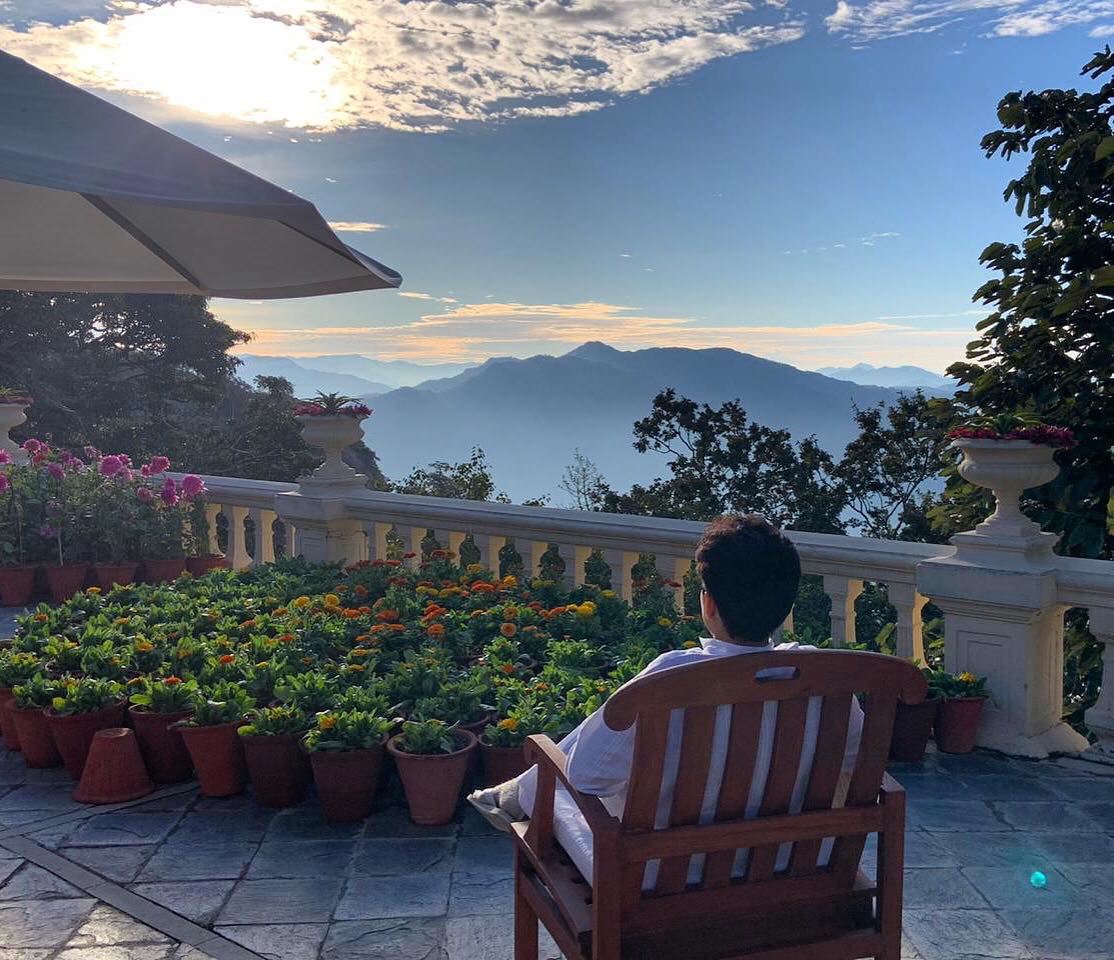
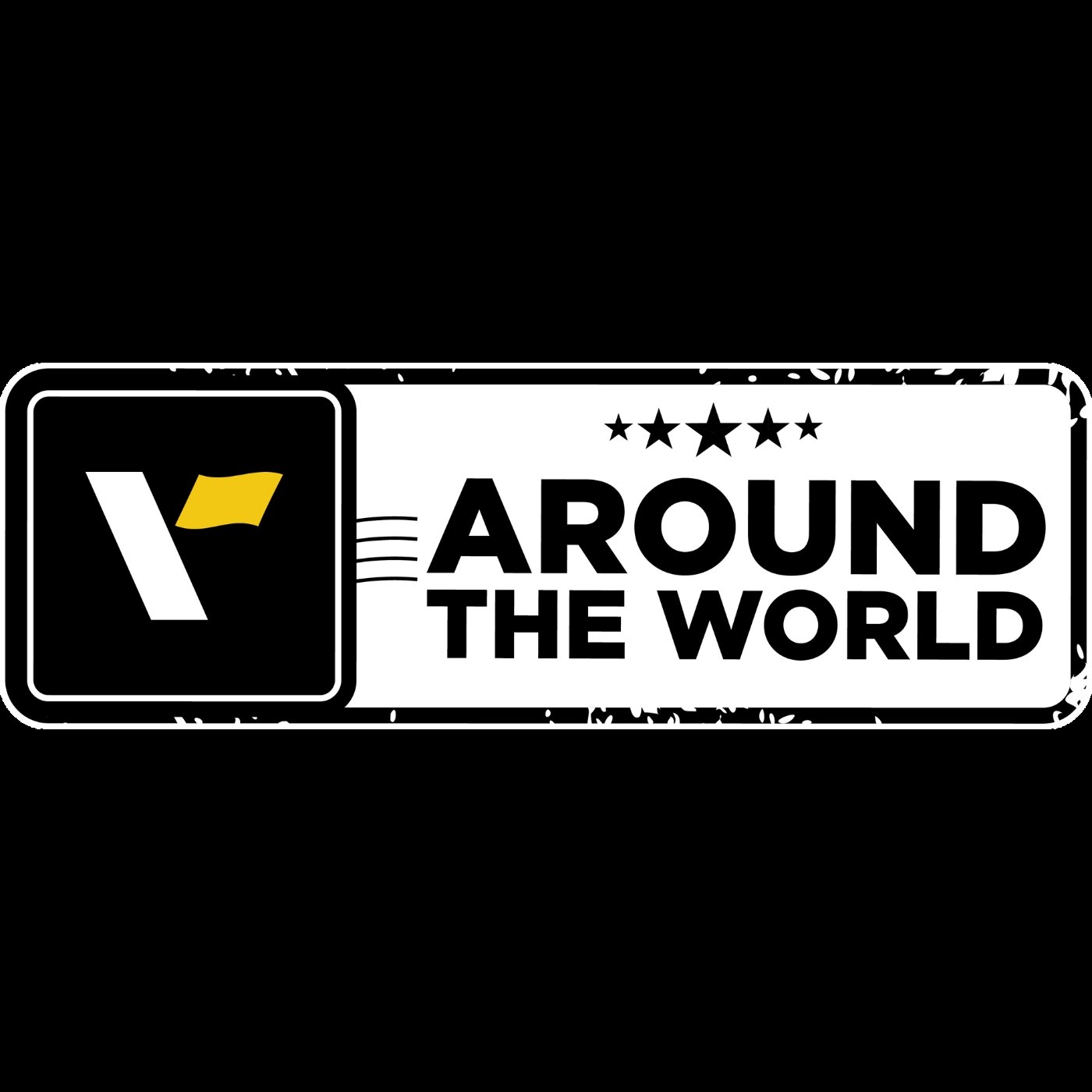

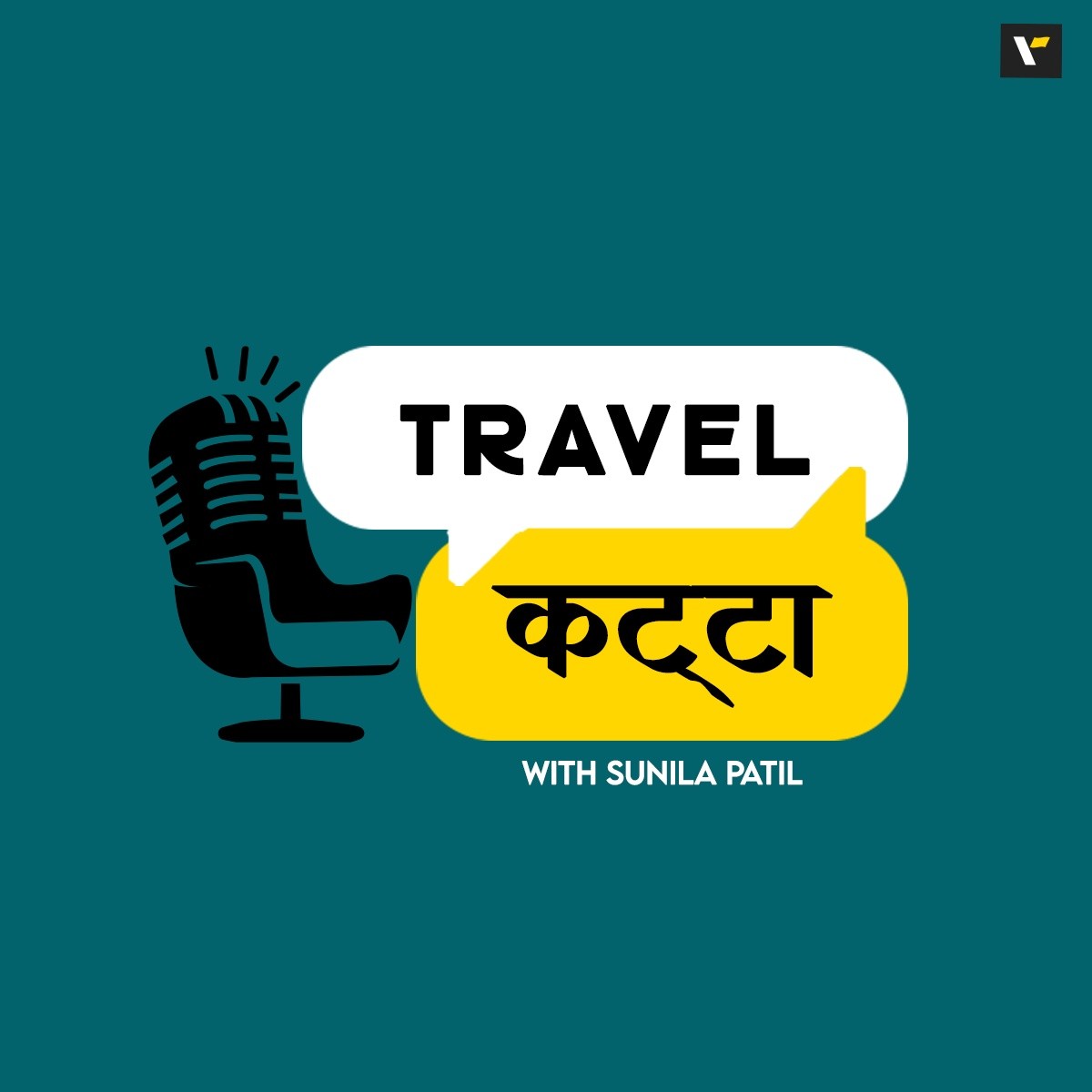
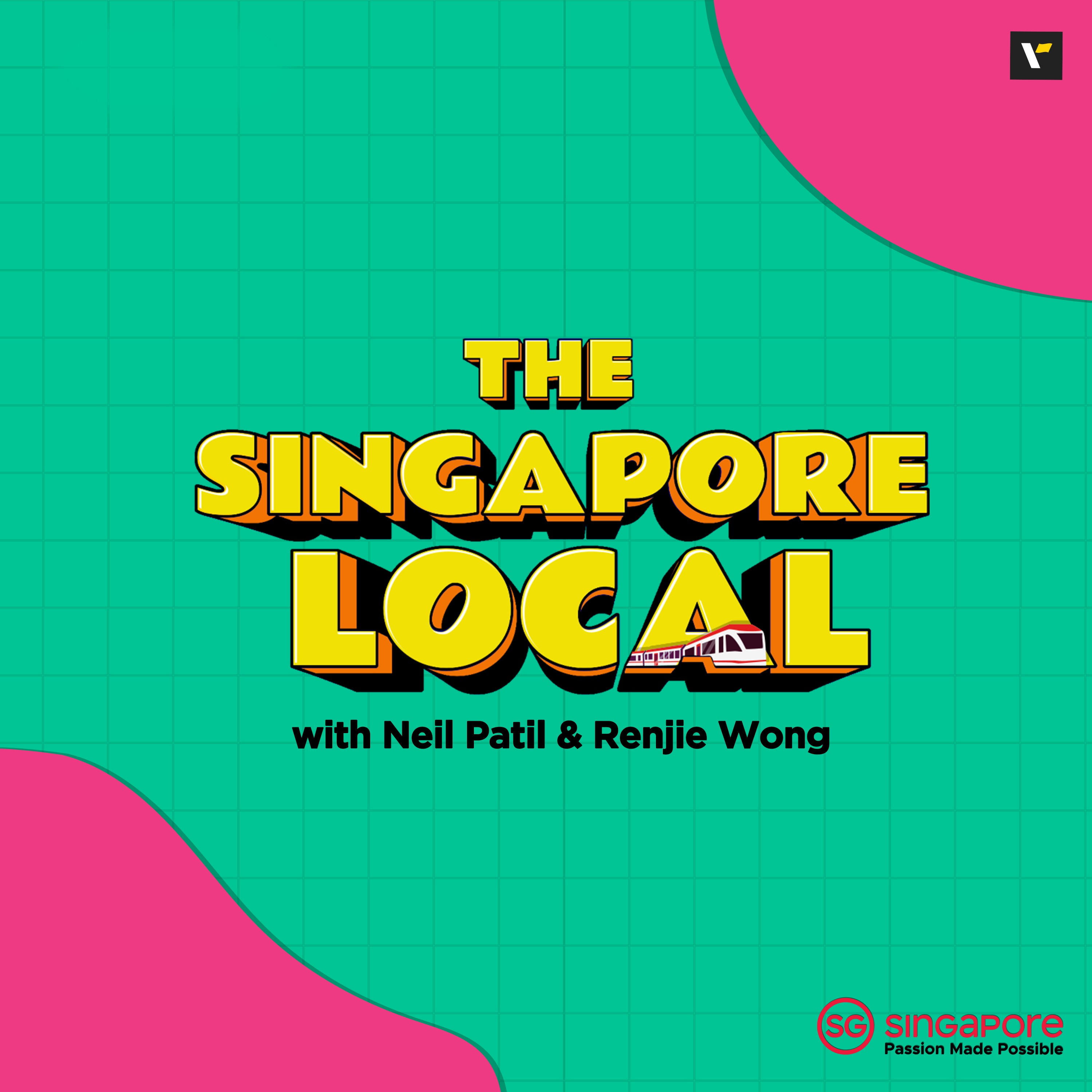
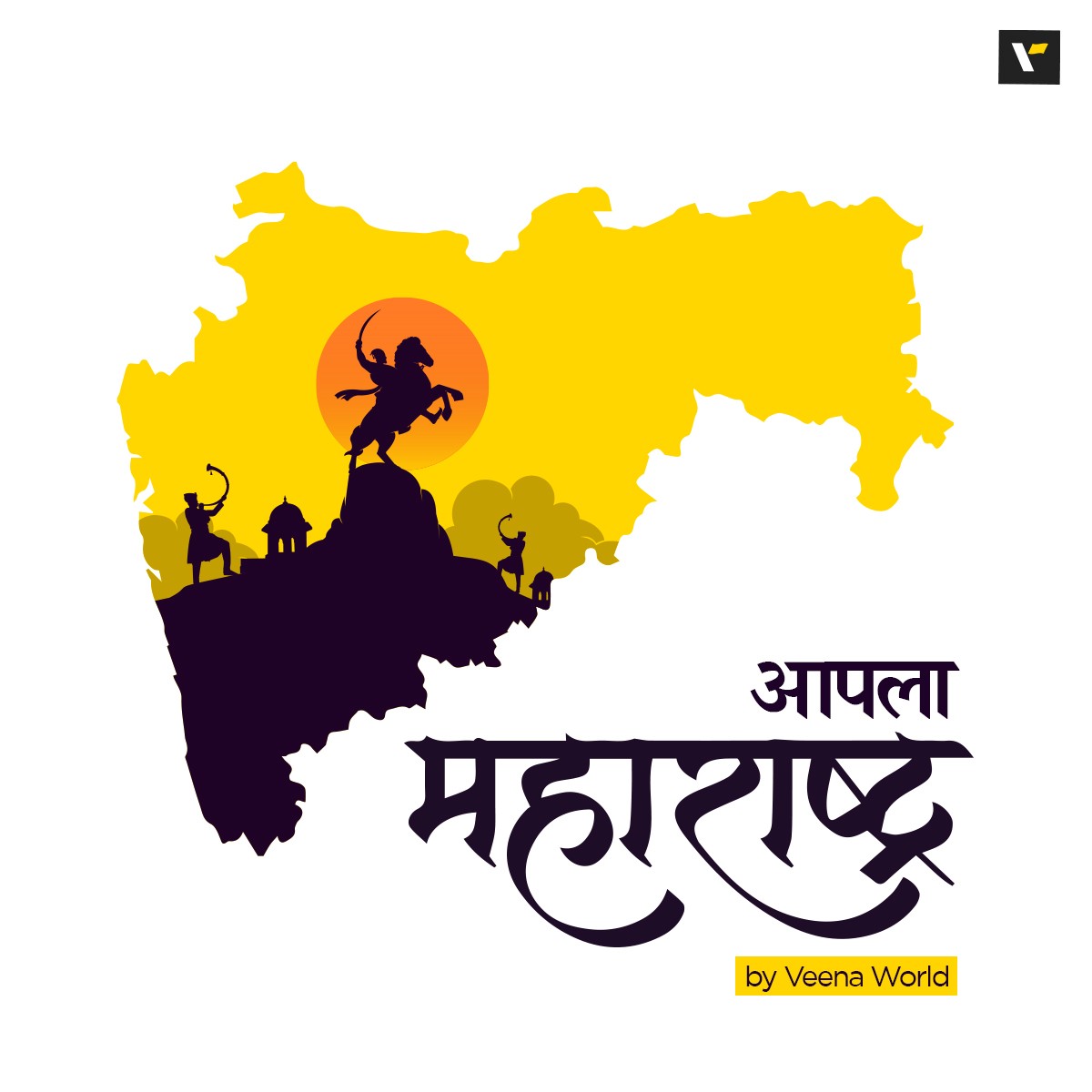
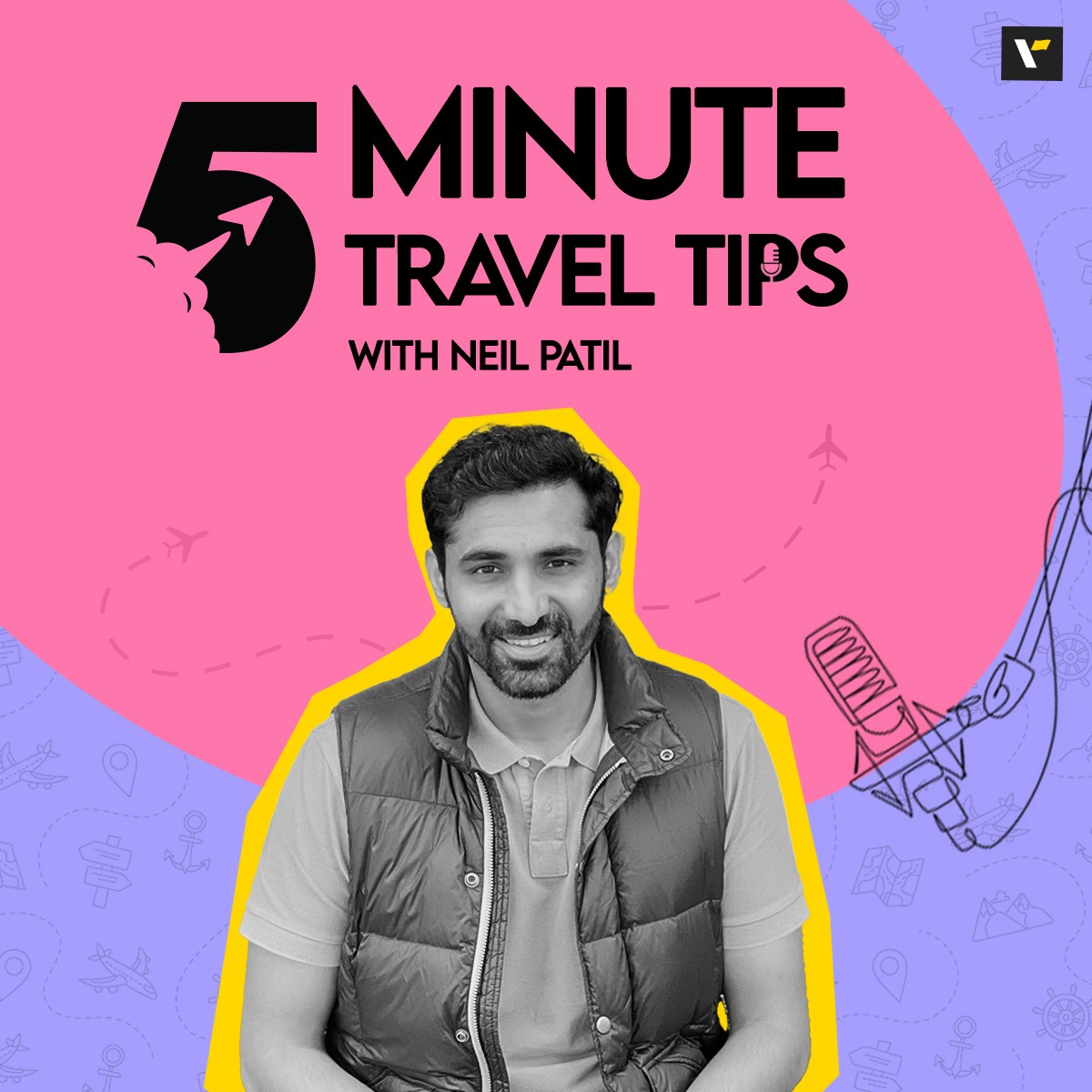





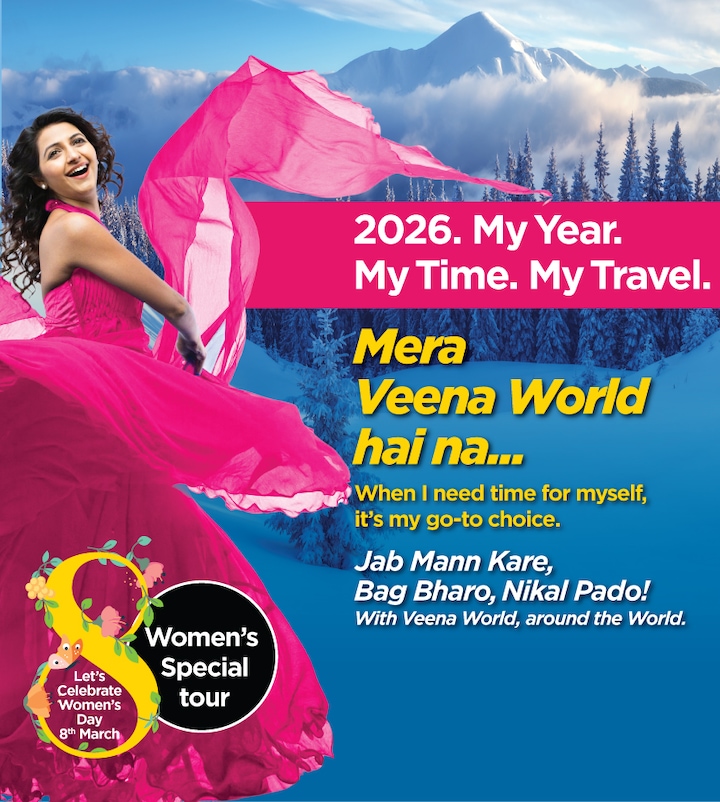


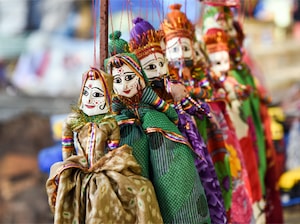
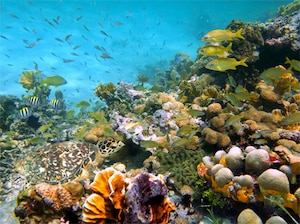
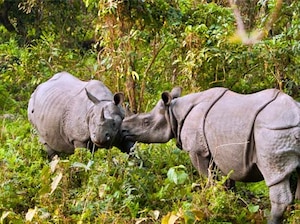
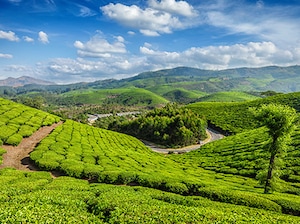
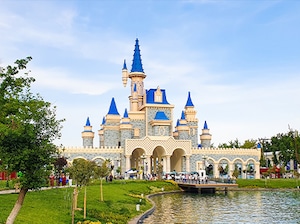
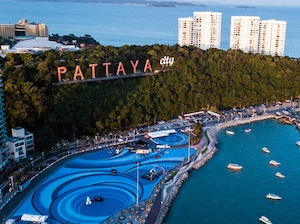
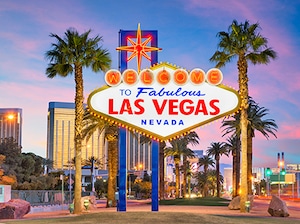
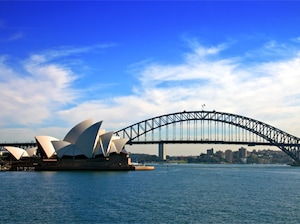
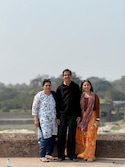


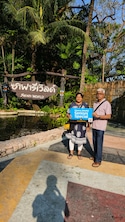



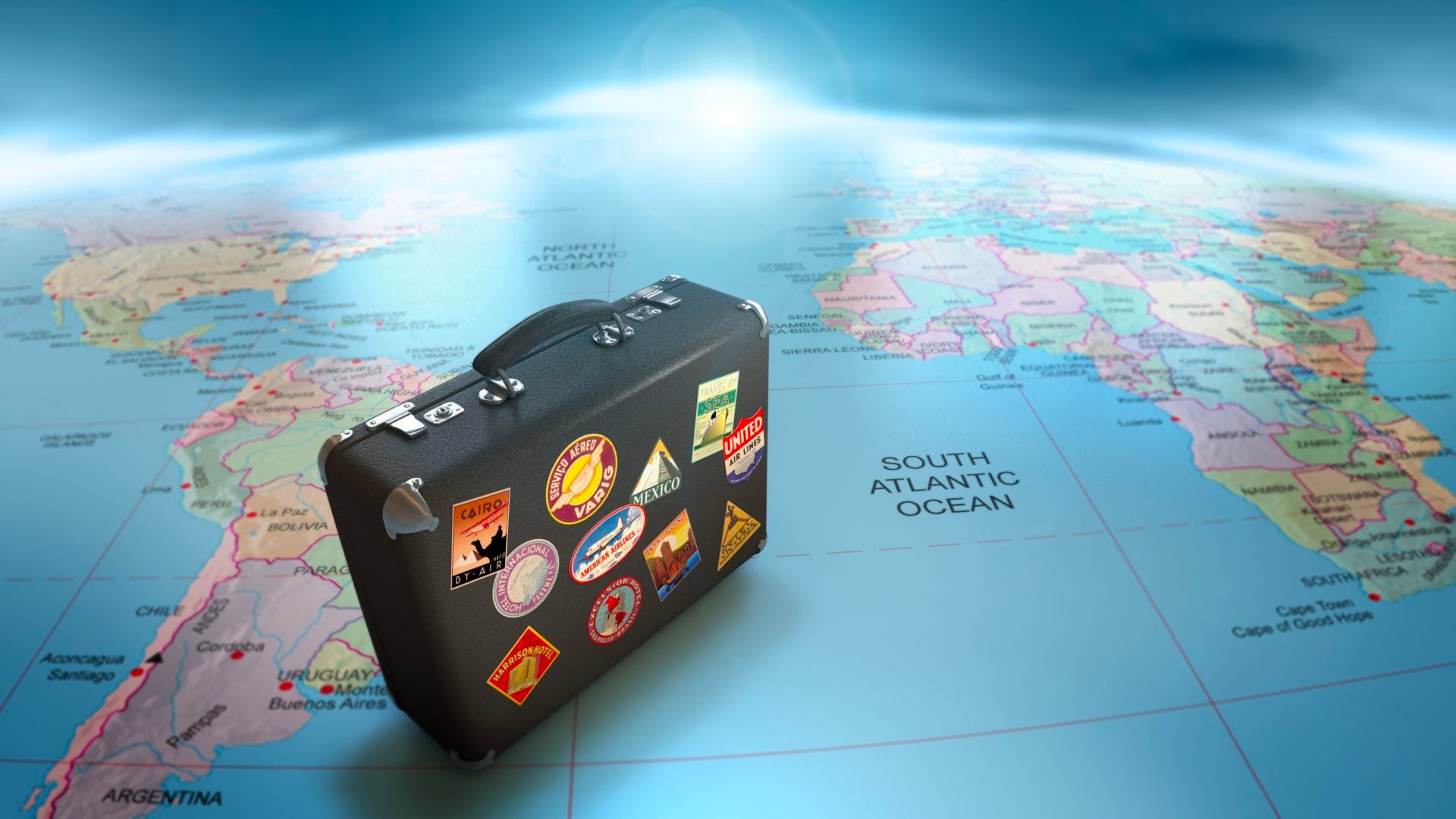

Post your Comment
Please let us know your thoughts on this story by leaving a comment.